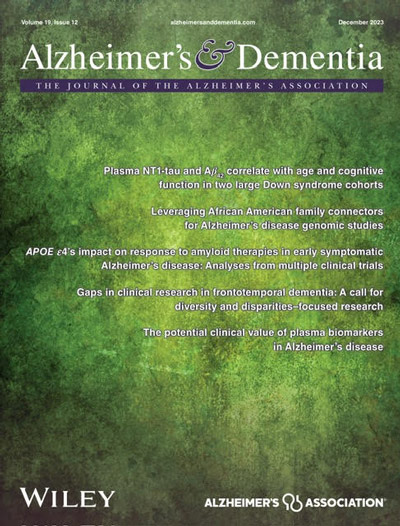Culturally sensitive CLEAR guidelines on disclosing and communicating a diagnosis of dementia
Abstract
Providing a dementia diagnosis is challenging, especially in primary care and considering diverse patient backgrounds. The Alzheimer Society of Canada (ASC), the College of Family Physicians of Canada, and the Canadian Consensus Conference on the Diagnosis and Treatment of Dementia (CCCDTD) guideline group partnered with patients, care partners, and clinicians to generate contemporaneous guidance for primary care practitioners. While relevant to all communities, Black and Chinese Canadians were formally represented in working groups. A literature review identified needs areas. Informed by Guidelines International Network (GIN) principles and through iterative group meetings with all partners, these needs were explored and incorporated into guidance. The Compassionate Language and Empathetic Approaches for Respectful Dementia Disclosure (CLEAR) offers recommendations on: holistic engagement, fostering hope, acknowledging care partners, identifying disclosing clinicians, appointment structure and environment, person-centered communication, specific discussion topics, and emotional supports, all through a cultural competence lens. These guidelines address communication challenges in disclosing a dementia diagnosis and enhancing care and support for persons living with dementia and their care partners.
Highlights
- Healthcare practitioners (HCPs) struggle with disclosing and communicating dementia diagnoses.
- Guidance is limited in primary care and different patient ethnocultural groups.
- We developed culturally sensitive guidelines with scripts and practical materials.
- Appropriate communication techniques and terminology are recommended in Compassionate Language and Empathetic Approaches for Respectful Dementia Disclosure (CLEAR).
- Patient-centered and holistic approaches for the patient and care partner are emphasized.


 求助内容:
求助内容: 应助结果提醒方式:
应助结果提醒方式:


